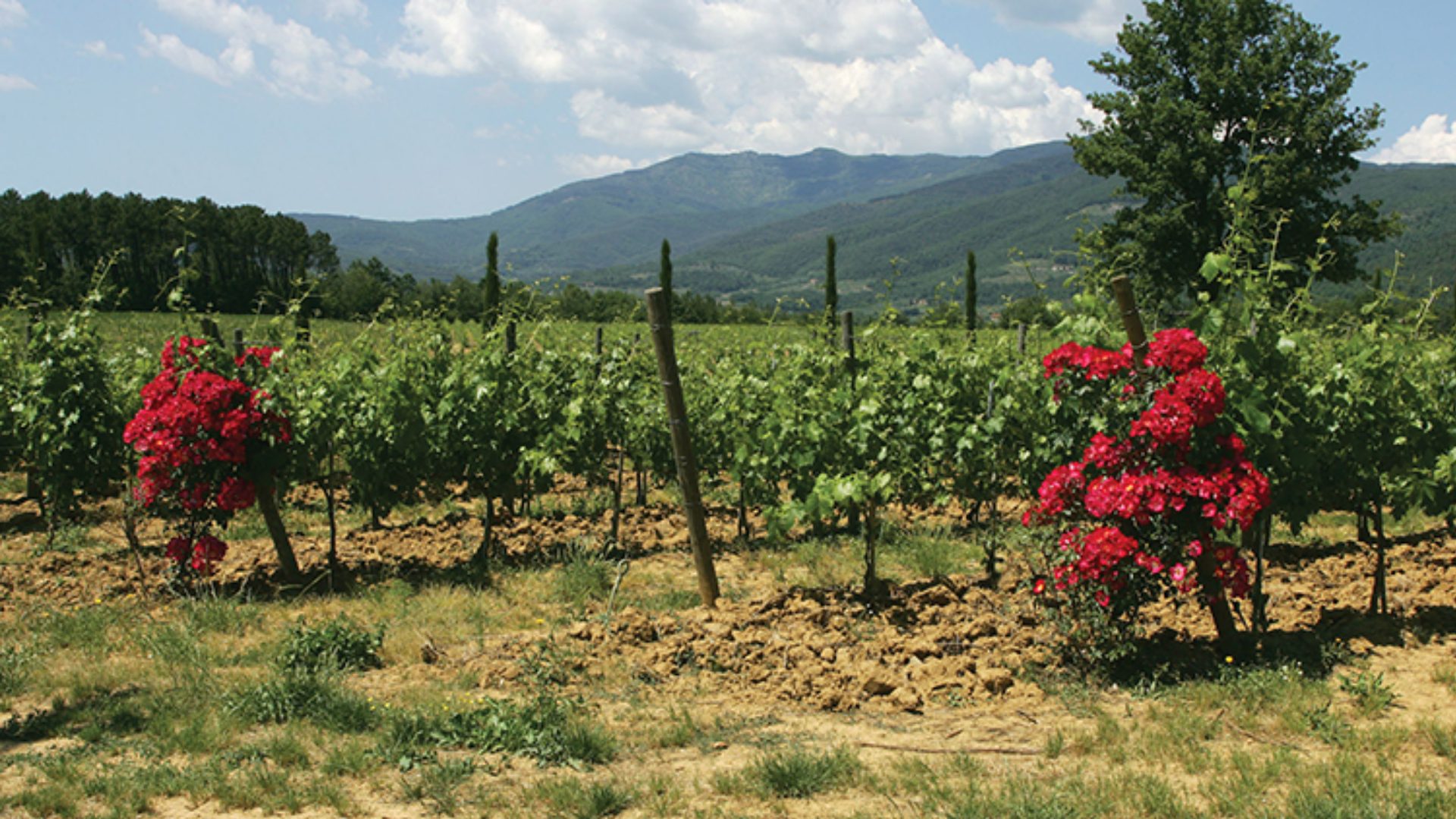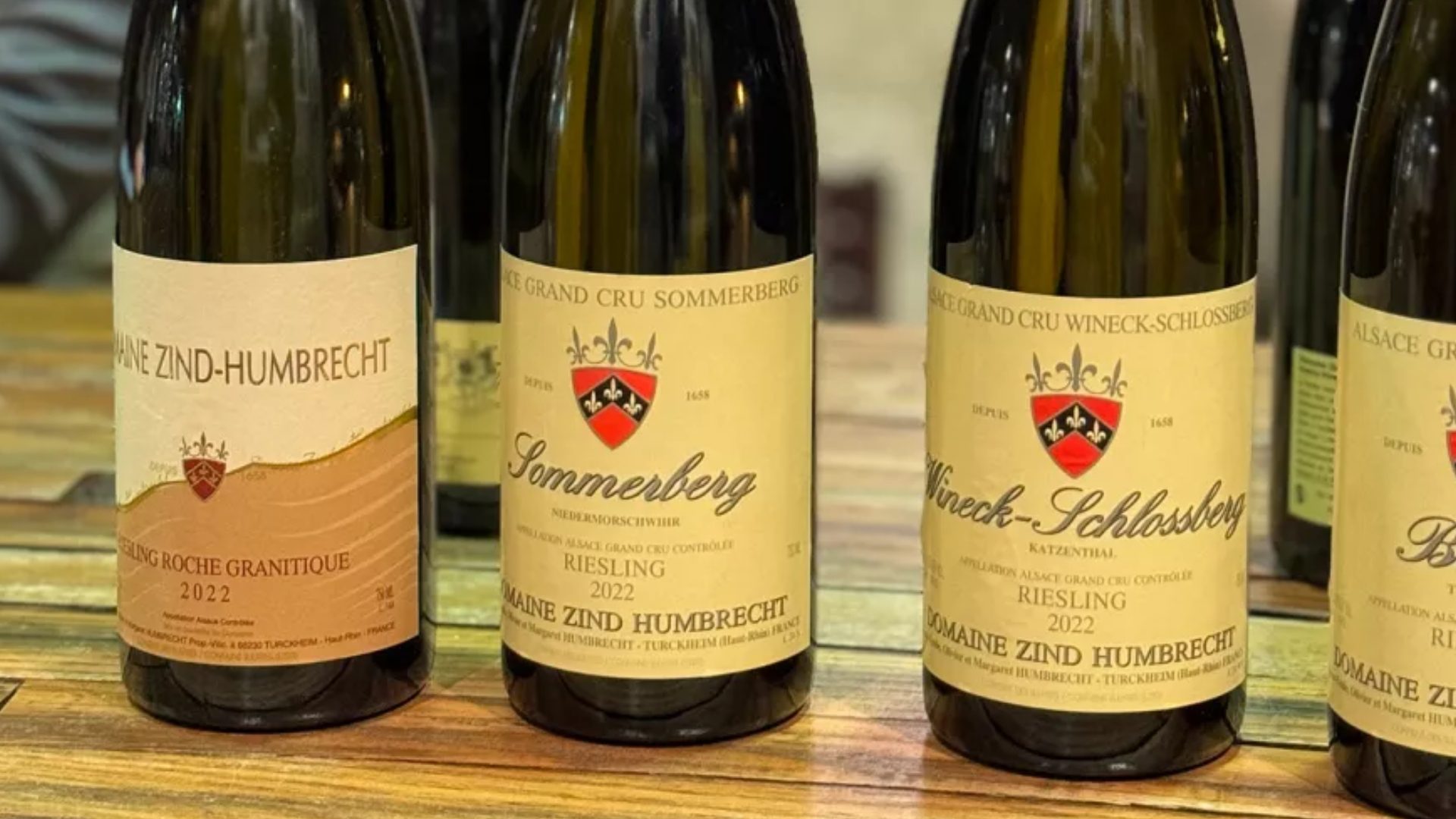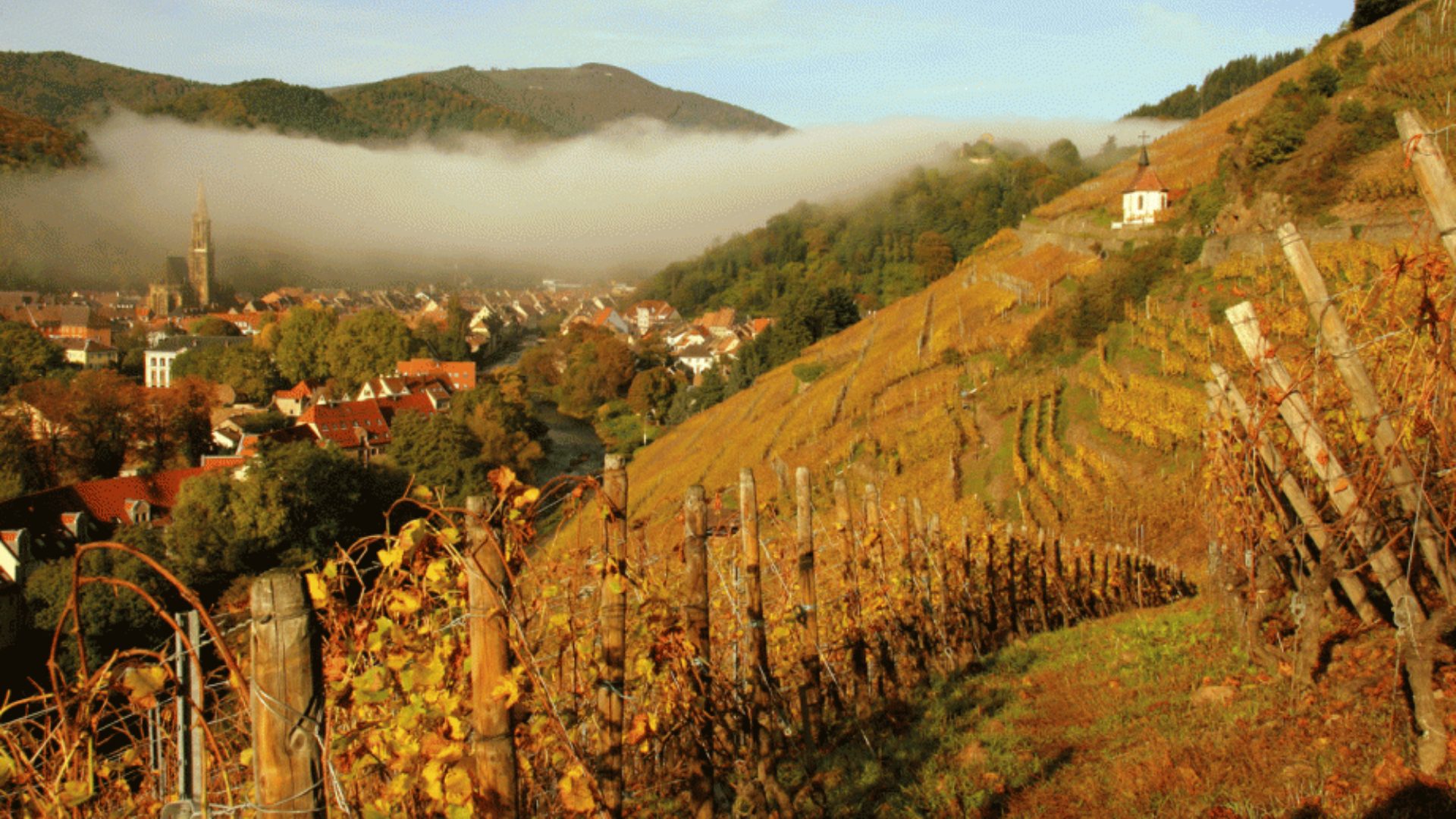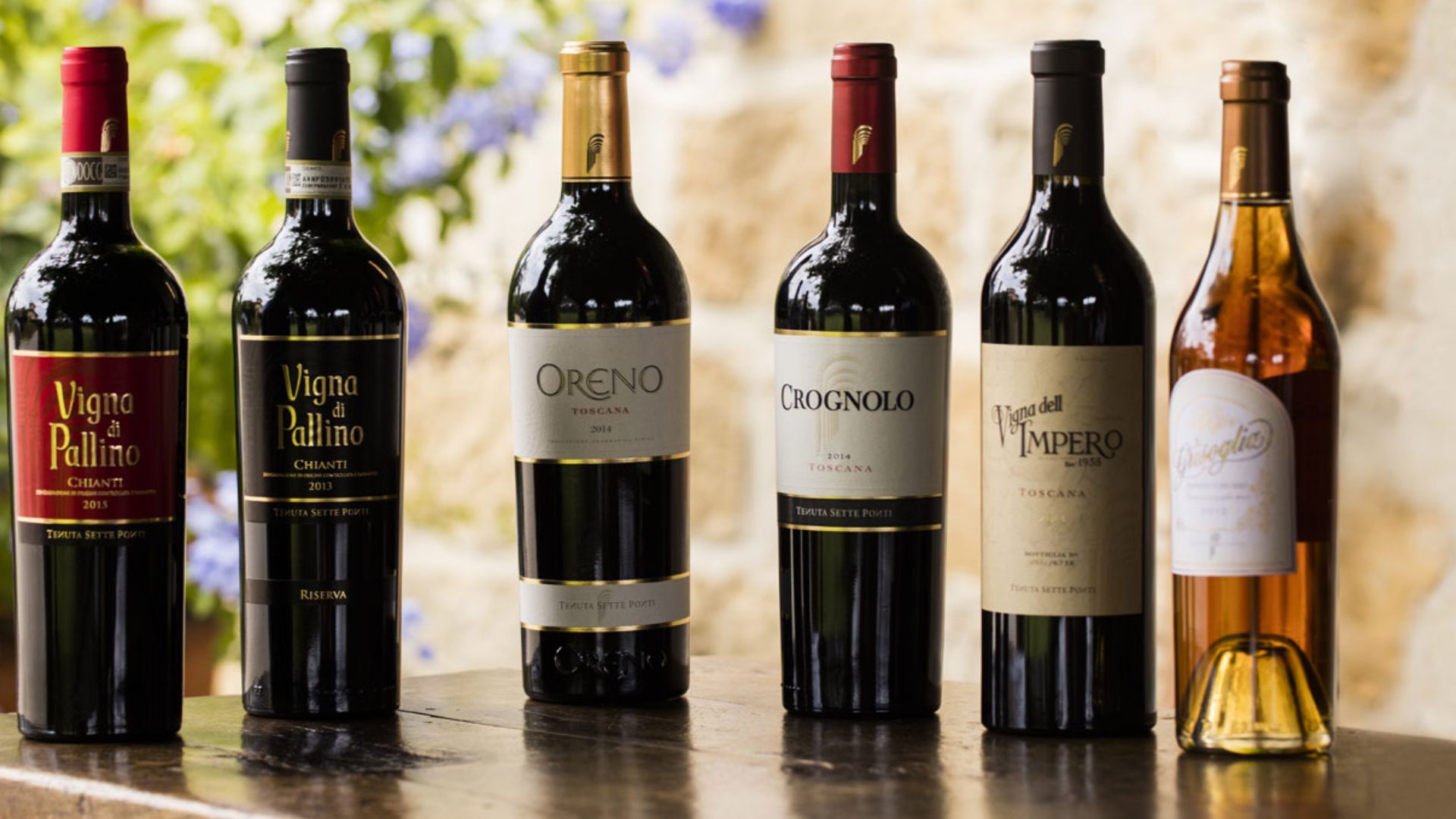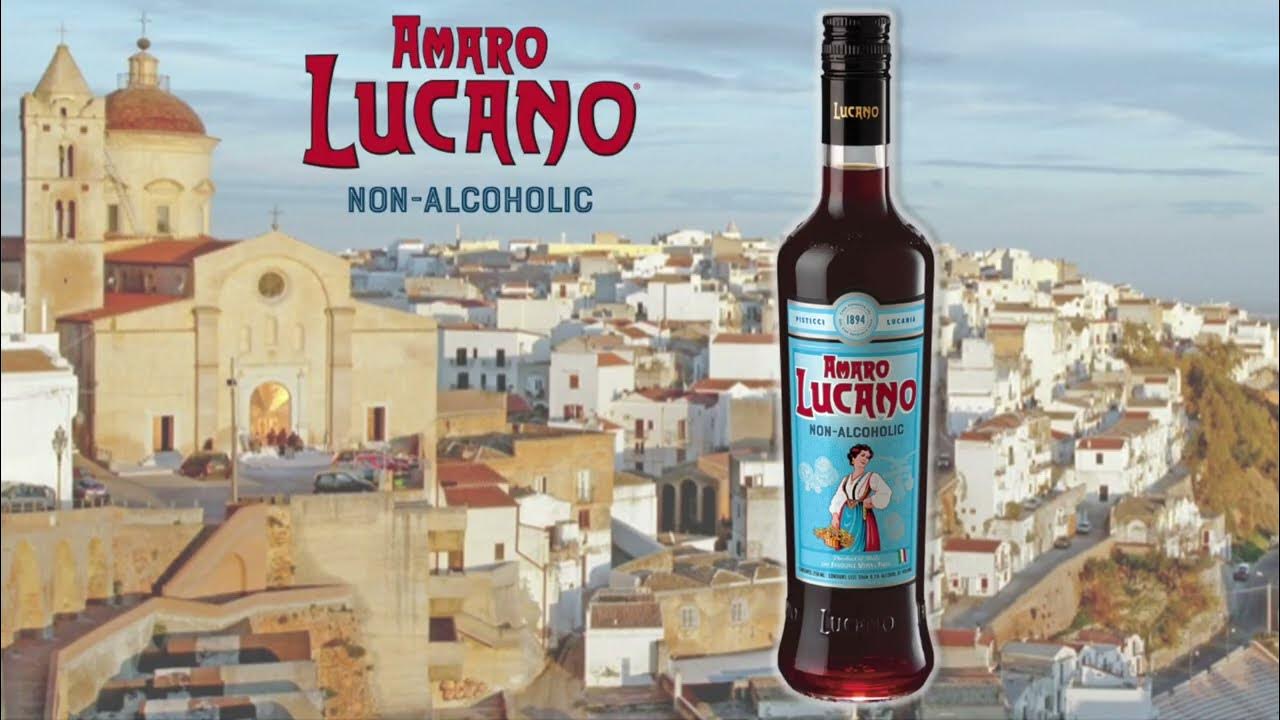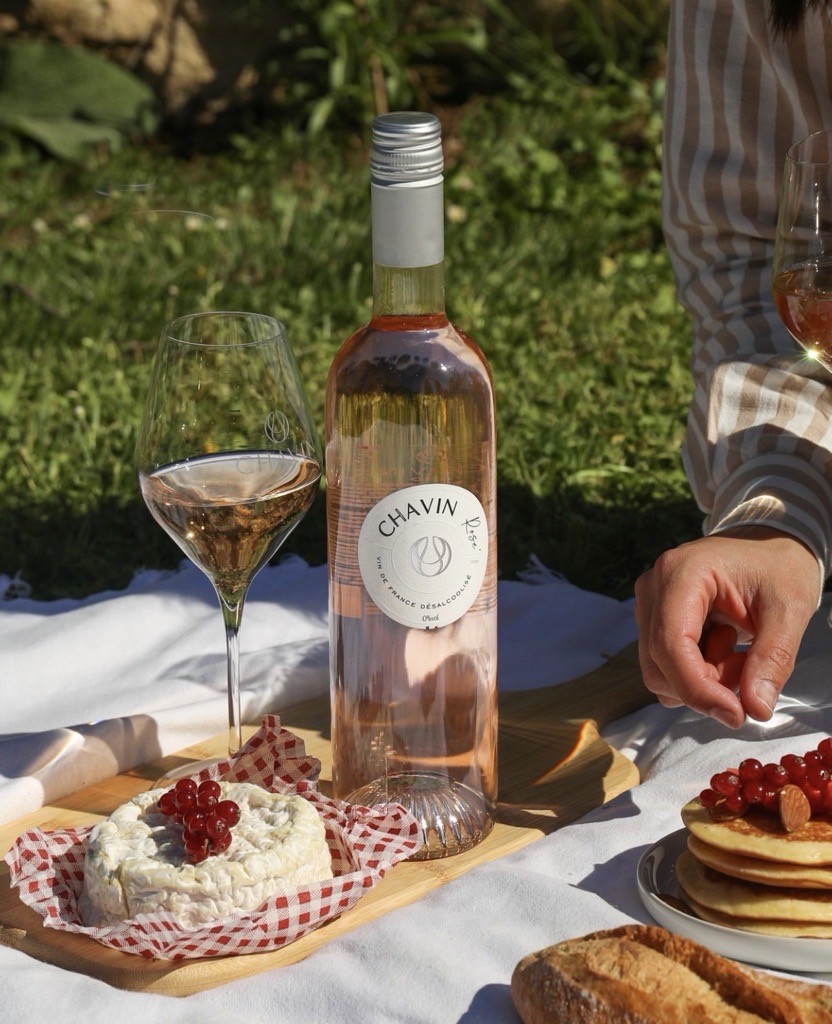September is here, which means that it’s National Organic Month. Every September the United States celebrates the whole month to raise awareness about the benefits of organic farming practices and products. Organic farming has a multitude of benefits: it helps mitigate climate change by using less energy and carbon emissions, promotes biodiversity, limits pesticides which promotes better soil and human health, and the list goes on. Organic wine is gaining popularity around the world as people are starting to become more aware of the health and climate benefits it has. Below are the current USDA organic requirements for wine.
Organic Wine
Wine in the “organic” labeling category must be overseen by a certifier/ACA, who will verify that the wine meets all appropriate specifications in the USDA organic regulations, such as:
○ All agricultural ingredients, including the grapes, must be certified organic (except per the National List of Allowed and Prohibited Substance)
○ Added sulfites are prohibited
○ Yeast must be certified organic unless the desired strain isn’t available in organic form
○ Non-agricultural ingredients must be specifically allowed on the National List and may not exceed a combined 5 percent of the total product (excluding salt and water)
Wine Made with Organic Grapes
Wine in the “made with” labeling category must be overseen by a certifier/ACA, who will verify that the wine meets all appropriate specifications in the USDA organic regulations, such as:
○ All grapes must be certified organic
○ Other agricultural ingredients (including yeast) are not required to be organic
○ May contain up to 100 ppm of sulfur dioxide
○ Non-agricultural ingredients must be specifically allowed on the National List
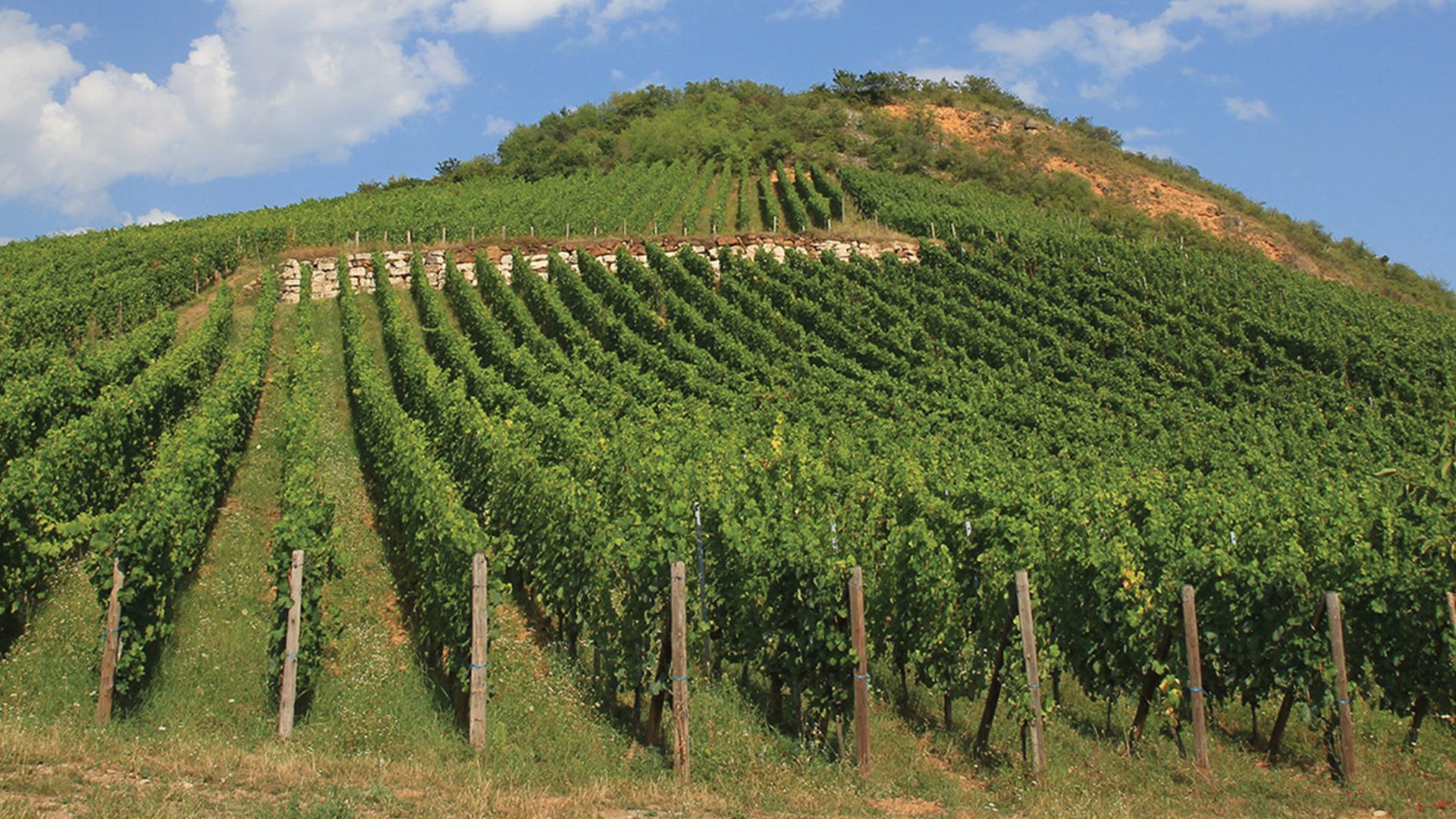
In addition, it is important to note the differences between the United States and other countries as there are different regulations about the term across the world.
We have rounded up our current favorite organic wines in honor of National Organic Month, so you can sip all year long without guilt.
Domaine Zind-Humbrecht
Domaine Zind-Humbrecht has been organically and biodynamically farming since 1997. Olivier Humbrecht M.W., General Manager and Owner, has long been convinced of the benefits of sustainable practices and has developed a regime that includes low impact farming, organic composting, restricted yields, hand-tending of the vines, and native yeasts.
Zind-Humbrecht was awarded the organic certification in 1998, which is the most regulated farming practice. It is the only one that requires government certifications and aims to eliminate synthetic chemicals from the vineyard. Then in 2002, they received their Biodynamic certification, which far surpasses organic requirements. The biodynamic approach views the vineyard as a self-contained micro ecosystem. Animals are used to work the land instead of machinery, there are no additives and limited added sulfites, they use herbs instead of chemicals, among many other things.
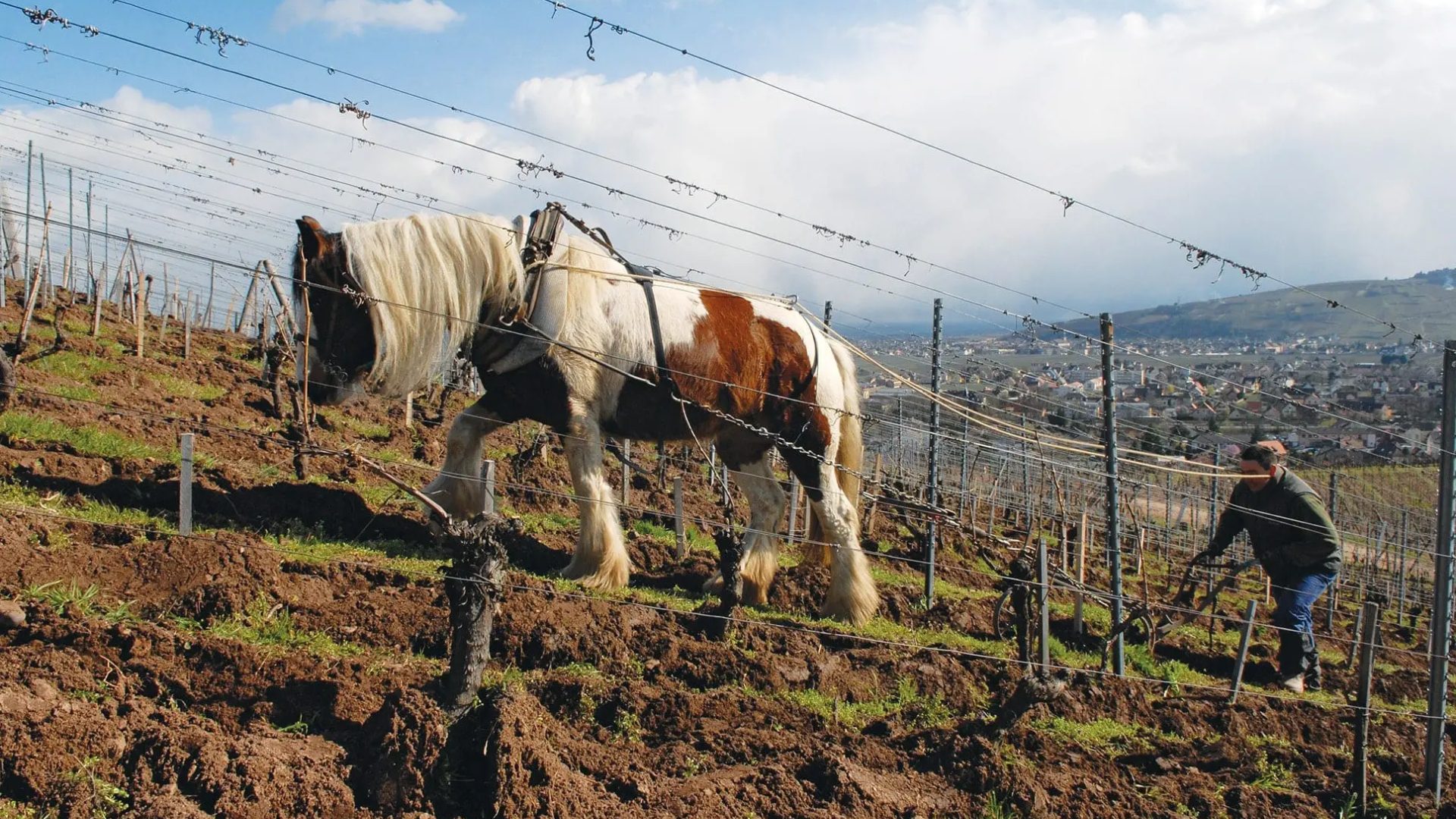
Domaine Zind-Humbrecht Riesling Grand Cru Sommerberg 2020
The first standout wine from Zind-Humbrecht is the Riesling Grand Cru Sommerberg. This wine is 100% Riesling and has aromas of ripe white fruits such as peach and pear with hints of verbena, acacia flower, and a touch of honey. This wine is complex as it becomes intense and persistent while retaining a form of airy lightness. Delicious today, but a great wine to keep in your cellar for years
Domaine Zind-Humbrecht Pinot Gris Clos Jebsal 2020
The other standout Zind-Humbrecht wine is the Pinot Gris Clos Jesbal. James Suckling ranked this wine 96 points and said, “A game-changing dry pinot gris that manages to get all the floral-honey character and creaminess that fans of this category adore into a self-confidently dry package. In spite of the wine’s imposing stature, it only weighs in at 13% alcohol and this gives it a lightness of touch that the pink-grapefruit aroma at the super-elegant finish only accentuates. The first dry pinot gris from this site, which has similar soil to the famous Grand Cru Schoenenbourg. From biodynamically grown grapes. Drink or hold.” — JamesSuckling.com.
Tenuta Sette Ponti
Tenuta Sette Ponti has 60 hectares of vineyards that are 100% organic. For decades they have been committed to sustainable, 100% organic farming that is managed by expert farmers and agronomists to make the highest quality wine. Their winemaking process is extensive and nothing short of impressive. Quality has always been their main goal to ensure every glass of wine exceeds expectations.
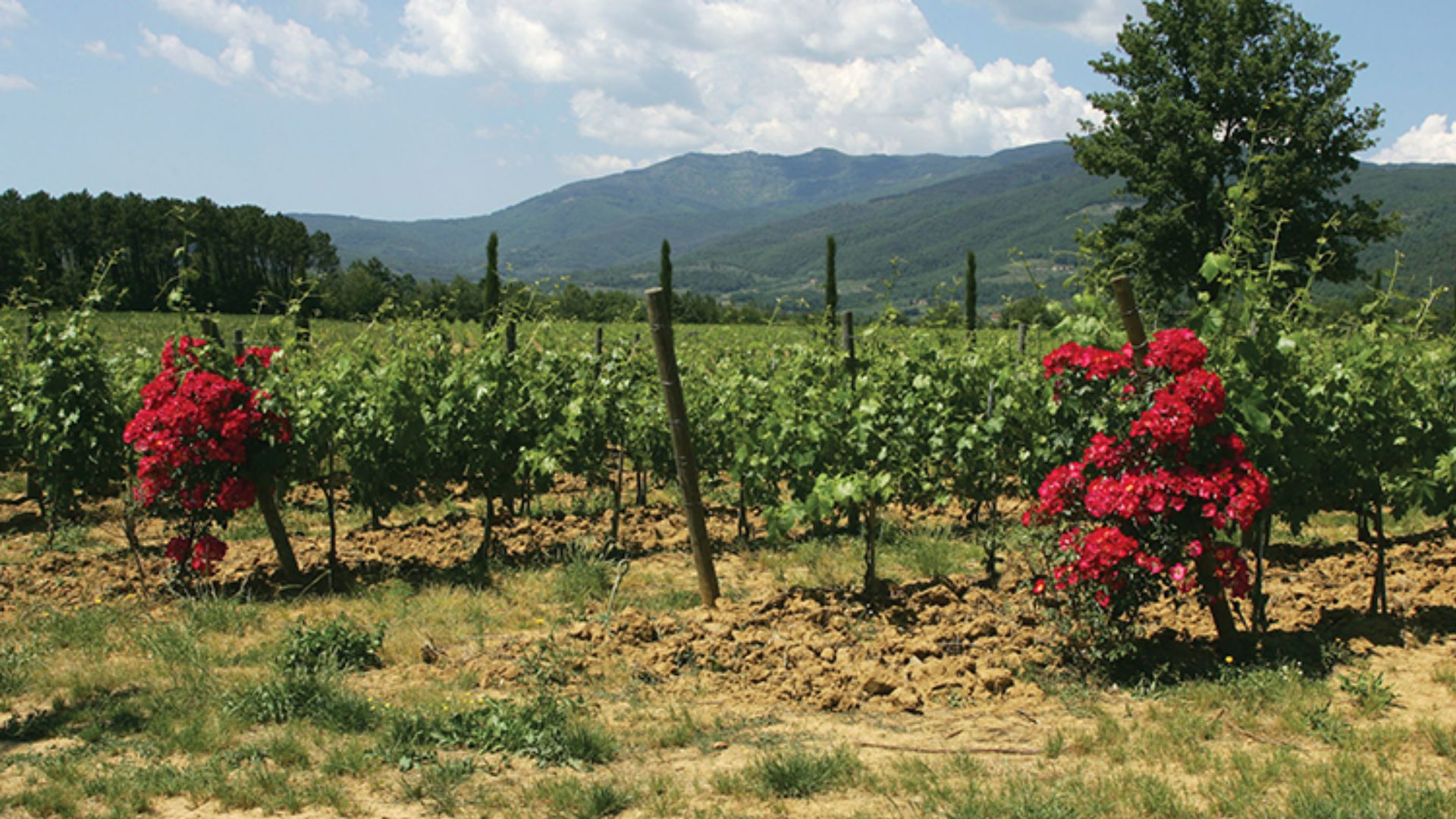
Tenuta Sette Ponti Crognolo
Our team recommends the Sette Ponti Crognolo as your first wine to try from this impressive winery. This wine is a blend of 90% Sangiovese and 10% Merlot with a prevalence of blackberry, small red fruits, and floral notes. The body is beautifully balanced yet still very complex and elegant. It is the perfect pairing with full flavored meats and roasts.
Medici Ermete
Medici Ermete has been committed to farming sustainably for decades, but they are now farming everything organically as well. In 2018, Medici Ermete made the official switch from sustainable to organic farming and converted all 200 acres of their estate vineyards into fully organic farming practices. However, these practices are not new to them as they have been committed to sustainability and have refrained from using herbicides, pesticides, and fertilizers long before they became organic.
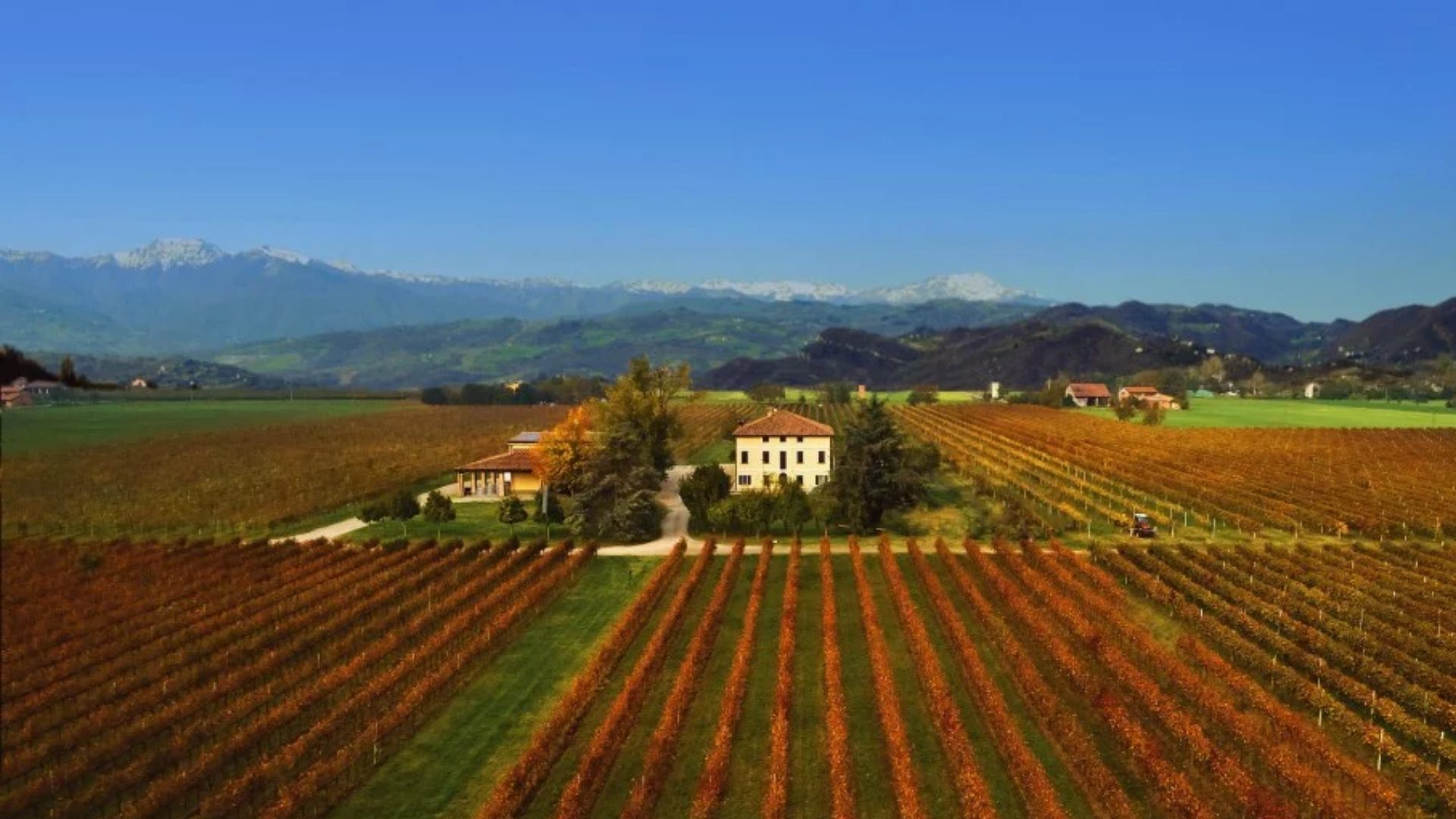
Medici Ermete Phermento
While you can’t go wrong with any Medici Ermete wine, our current favorite is the Phermento, and this deep pink wine is also organic. This sparkling Rosé is dry, vibrant, and fruity with notes of raspberry and red fruit. The bubbles are fine, rich, and persistent on the finish. This wine goes perfectly with anything fatty or fried but also is delicious all by itself. Perfect to enjoy all year long!
